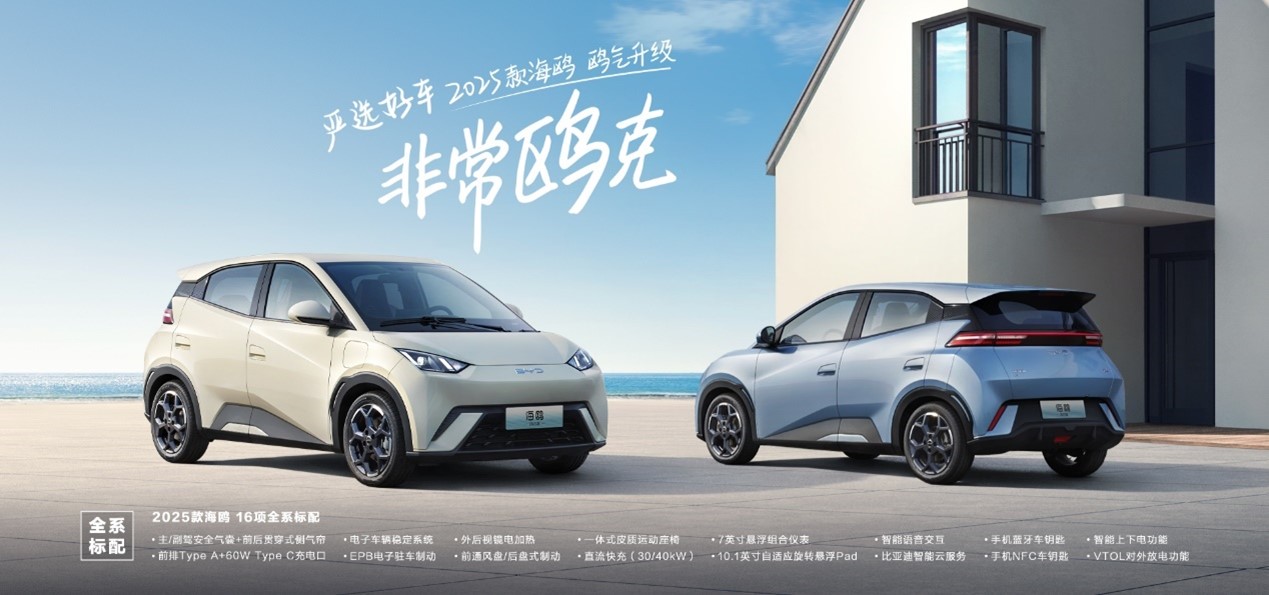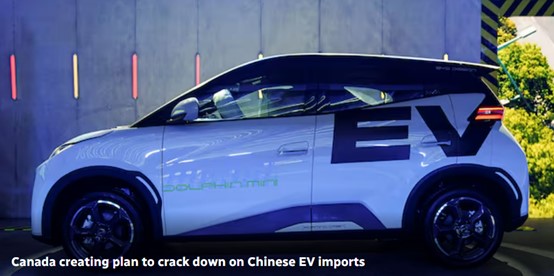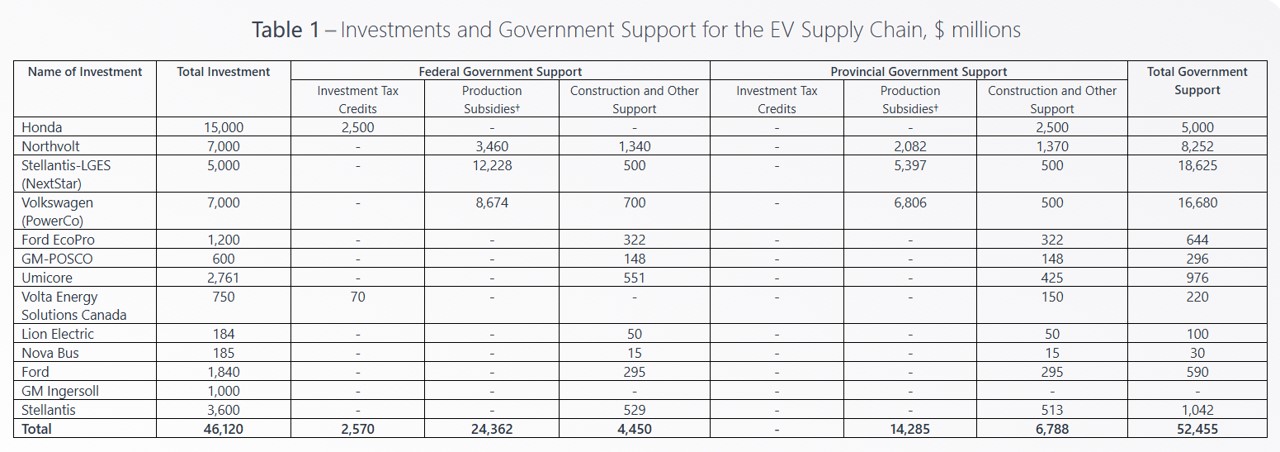


Please enter your registered phone number below to receive the verification code
Price is the key reason. The cheapest electric car in Canada starts at about CAD 38,000, compared to the Seagull, which BYD launched last year with a range of 305 kilometers, starting at only about CAD 14,600.

The leader of the Conservative Party hopes that Canada will maintain the same tariffs on Chinese electric cars as the United States. A spokesperson for Finance Minister Chrystia Freeland, Katherine Cuplinskas, has publicly stated, ‘All (policy) options - including additional taxes - are on the table to protect Canadian workers and the electric vehicle supply chain from China's intentional, state-led overcapacity policy and unfair competition due to a lack of strict labor and environmental standards.’

Industry groups such as the Canadian Vehicle Manufacturers' Association have warned that if Canada's electric vehicle industry is not protected, it will face serious risks. According to a report from the Canadian Parliamentary Budget Office on June 18, since 2020, Canada has attracted more than CAD 46 billion in investment for 13 electric vehicle, battery, and battery component manufacturing projects, including Northvolt and Volkswagen. In addition, Ottawa and the provinces have jointly committed to providing up to $53 billion in various expenditures for these investments, including tax credits, production subsidies, and capital investments. If this industry is not protected, it will bring direct economic risks to Canada. ‘If we do not take action now to allow these facilities to come online and allow manufacturers to build their production capacity, we will put all investments at risk.’

Earlier this year, due to concerns about devastating the US electric vehicle industry, the United States decided to impose a 100% tariff on Chinese electric cars, much higher than the previously planned 25%. The European Union has also recently issued a final ruling on anti-subsidy investigations against Chinese electric cars, with additional tariffs on Chinese electric cars reaching up to 36.3%.
2024-12-15
2024-12-14
2024-12-11
2024-12-11
2024-12-10

Electric Vehicle | Huawei HIMA Launches Two New Models of AITO M7 Pro and LUXEED R7

Solid-State Battery | QuantumScape Starts to Deliver QSE-5 B Sample Solid State Prototype Cells for OEM Testing...

Lithium-ion Battery | CATL Plans to Expand 60 GWh Battery Capacity in Luoyang
Electric Vehicle | BYD Launches D-Class Luxury Models Denza Z9GT and Denza Z9
LFP | LBM's First Overseas Lithium Iron Phosphate Plant Settles in Indonesia
Solid-State Battery | LiPURE Energy: the First All Solid-State Lithium Battery Mass Production Line Officially Launched in China...
Cathode Material | Easpring Keeps Growing LFP/LMFP Business, with Diversified Cathode Materials
Electric Drive | BYD Innovates Technologies for Full Vehicle Platforms, with e3 Driving Luxury Brand Denza...